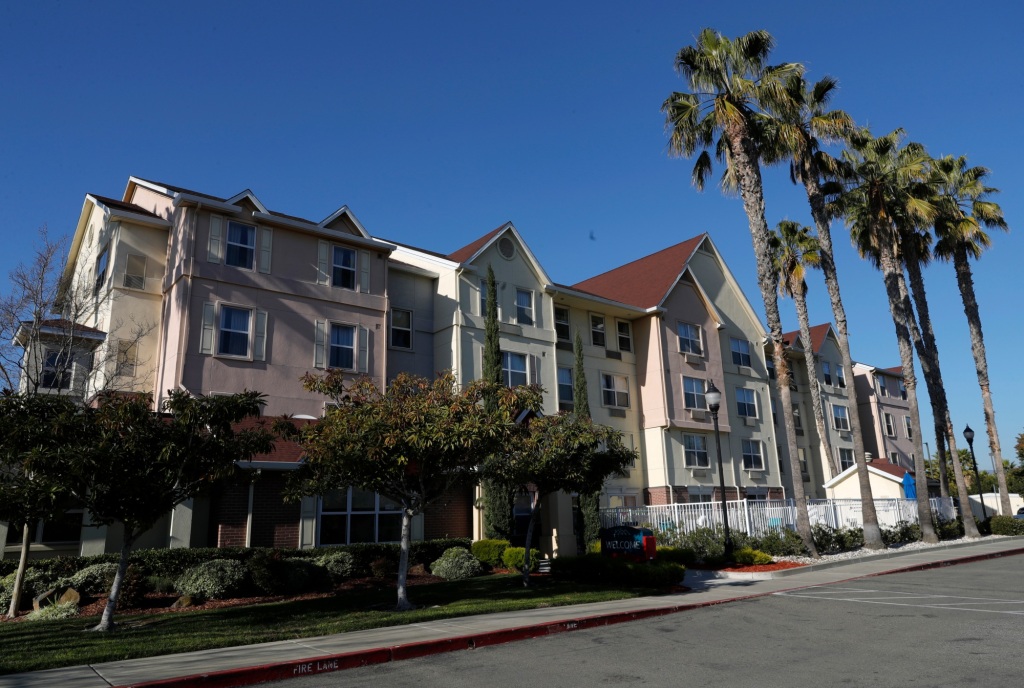After years of false starts, Alameda County will soon be taking its first tangible steps toward considering reparations for Black residents, whose incomes and resources significantly lag behind those of white families.
Nate Miley, who became president of the county Board of Supervisors this year, said he would introduce a proposal within the next two weeks for the development of a concrete plan. He said his goal is to finally begin leveling the playing field for Black communities in the Bay Area and address what a county resolution called the “legislative, social, and economic inequities faced by African Americans.”
“I think it’s long overdue,” Miley said.
The move positions Alameda County at the forefront of the issue at a time when many Bay Area cities are considering similar proposals. San Francisco, Oakland and Hayward have all discussed reparations in one form or another, and a statewide task force is expected to provide a report by July 1 on historical damage to African American communities.
Miley’s proposal would create a 15-person “Reparations Commission” consisting of residents from across Alameda County who would spend a year reaching out to communities, engaging in “listening sessions” and studying effective ways to provide reparations.
It’s unlikely the plan would include cash payouts, which are particularly controversial, Miley said. In San Francisco, a recent proposal to offer $5 million to Black residents received serious pushback from Republican leaders and other critics.
But there are a litany of other forms that reparations could take, including property tax credits, redaction of deed-restricted covenants, educational opportunities or the return of property, Miley said. The median household income of a Black family in Alameda County is currently less than half that of a white family.
“Just the fact that we’re talking about it, it doesn’t feel like a taboo or negative thing anymore,” said Reverend Jeremy McCants, an organizer with East Bay Alliance for a Sustainable Economy. “People are really trying to figure this out.”
The commission is expected to produce a plan by July 2024, which the board of supervisors would then adopt. The county could begin implementing the commission’s recommendations by 2025.
Miley says his proposal will put Alameda County on a path to right historical wrongs, and McCants agrees.
“It’s freedom, in the simplest form,” McCants said. “Reparations are really freedom for us to live fully, in our Blackness, and as human beings.”
The Alameda County board of supervisors formally apologized for the enslavement and racial segregation of Black Alameda County residents in 2011. According to Miley, there was very little done to amend for those wrongs for the next decade. Then, in 2020, momentum shifted.
“The George Floyd situation definitely galvanized a movement to move forward with reparations,” Miley said.
In October 2020, the board unanimously adopted the resolution that pledged to address economic inequities. At the time, Miley wrote that the county has “implicitly sanctioned discriminatory practices” and that the onus fell on policymakers to make amends.
Further progress was briefly derailed by the Covid-19 pandemic. Still, Miley said he believes that the Board of Supervisors is equally as supportive of reparations as they were in 2020. “The momentum is still there,” he said.
Miley said he is under no illusions that these changes would completely right the wrongs done to Black communities in California or that it would immediately create an equitable society. He noted that the county’s reparations commission would be contending with hundreds of years of history.
“You’re just not going to rectify historical harms overnight,” Miley said. “But I think this could get us on that path.”










